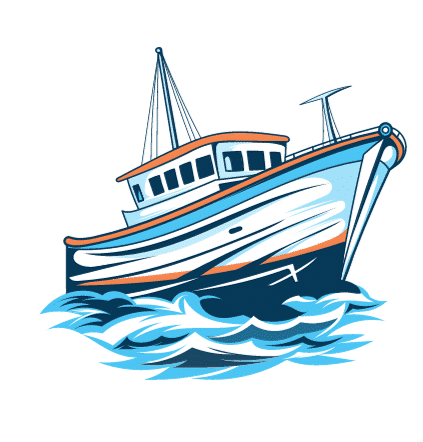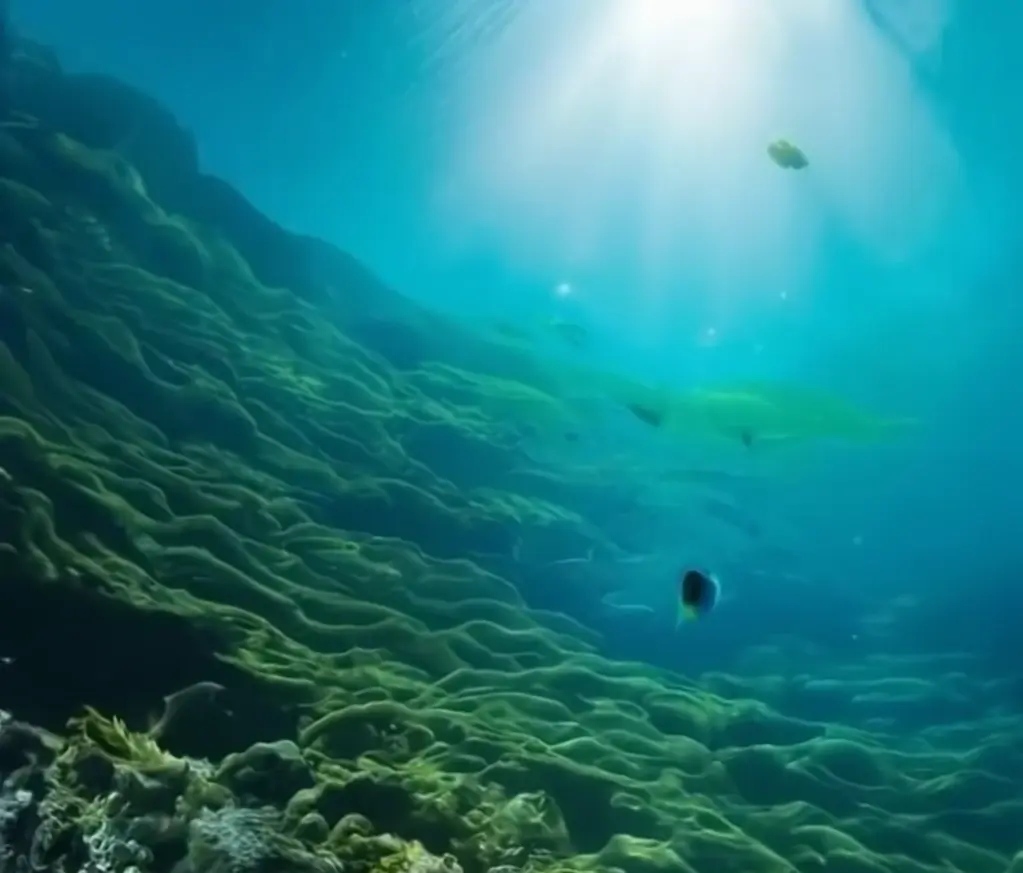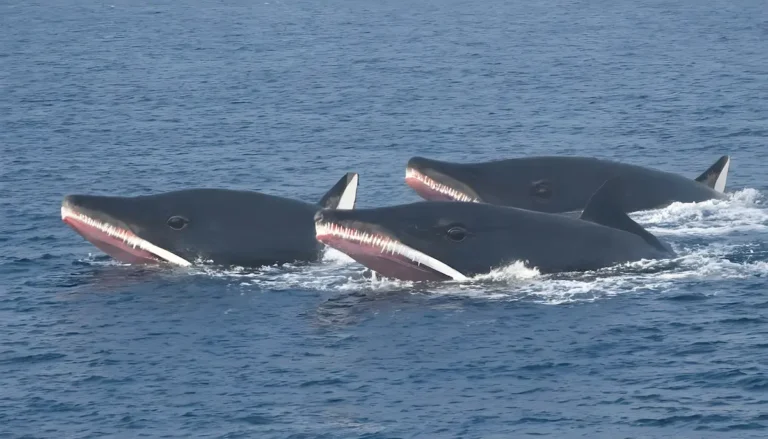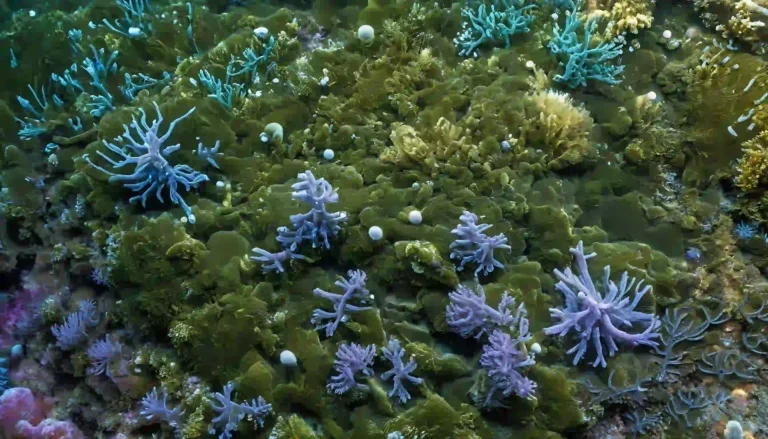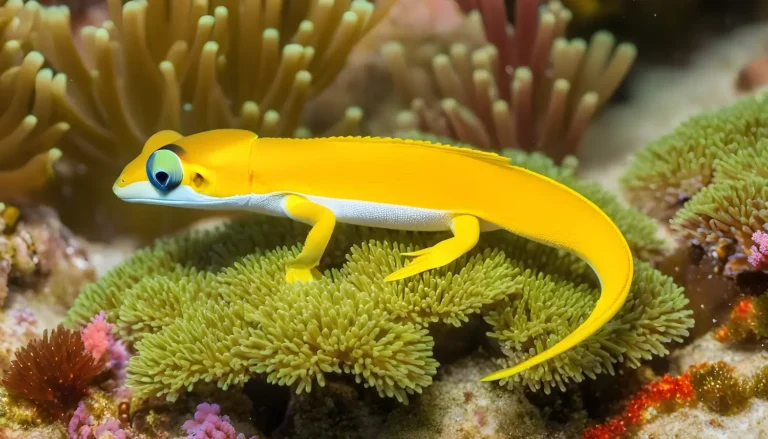Law of Sea and Preservation of Marine Environment
United Nations Convention on the Law of the Sea (UNCLOS): UNCLOS, adopted in 1982, is the primary international legal framework governing the rights and responsibilities of states in the use of the world’s oceans. Part XII of UNCLOS specifically addresses the protection and preservation of the marine environment. It emphasizes the duty of states to take measures to prevent, control, and reduce pollution of the marine environment from various sources.
International Maritime Organization (IMO): The IMO (International Maritime Organization) is a specialized agency of the United Nations tasked with regulating shipping. It has developed numerous conventions and protocols aimed at preventing marine pollution from ships, including the International Convention for the Prevention of Pollution from Ships (MARPOL). MARPOL addresses various types of pollution, such as oil pollution, noxious liquid substances, harmful substances in packaged form, sewage, garbage, and air pollution from ships.
Convention on Biological Diversity (CBD): The CBD is a global treaty that addresses the conservation of biological diversity, including marine biodiversity. It recognizes the importance of maintaining the ecological and genetic diversity of marine ecosystems and emphasizes the sustainable use of marine resources.
Regional Agreements: Many regions have established their own agreements to address specific environmental concerns in their waters. For example, the Barcelona Convention for the Protection of the Marine Environment and the Coastal Region of the Mediterranean is a regional agreement focused on the Mediterranean Sea.
International Whaling Commission (IWC): The IWC is an international body established to regulate whaling and conserve whale populations. While its primary focus is on the conservation of specific species, its work contributes to broader marine conservation efforts.
International Coral Reef Initiative (ICRI): The ICRI is a partnership among governments, international organizations, and non-governmental organizations aimed at promoting the sustainable management of coral reefs and related ecosystems.
Sustainable Development Goal 14 (SDG 14): Goal 14 of the United Nations’ Sustainable Development Goals is dedicated to conserving and sustainably using the oceans, seas, and marine resources. It includes targets related to marine pollution, overfishing, and the protection of marine and coastal ecosystems.
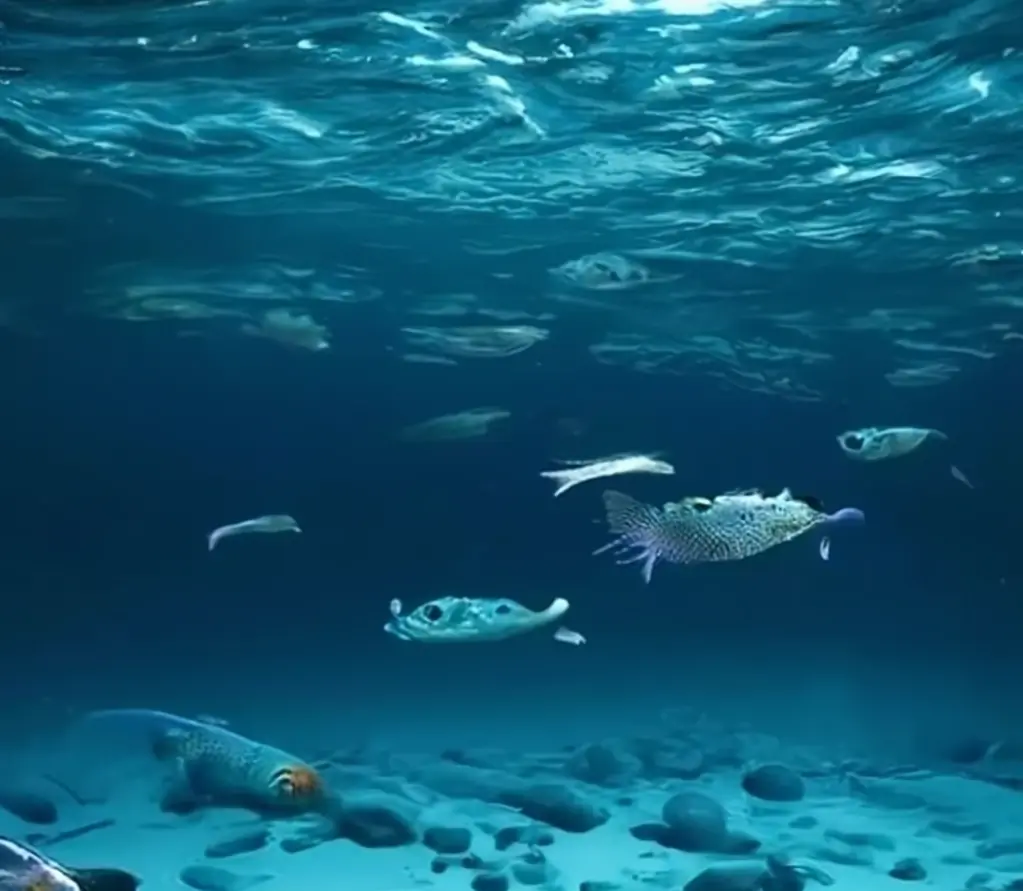
Convention on the Prevention of Marine Pollution by Dumping of Wastes and Other Matter (London Convention): Also known as the London Convention, this international treaty addresses the prevention of marine pollution by the dumping of harmful substances at sea. It regulates the disposal of a wide range of materials, including industrial wastes, radioactive materials, and other hazardous substances.
International Seabed Authority (ISA): The ISA is an institution established under UNCLOS to organize, regulate, and control all mineral-related activities in the international seabed area beyond the limits of national jurisdiction. The ISA is mandated to ensure the effective protection of the marine environment from the adverse effects of seabed mining activities.
Ballast Water Management Convention: Adopted by the IMO, this convention aims to prevent the spread of harmful aquatic organisms from one region to another through the discharge of ballast water from ships. It requires ships to manage their ballast water to minimize the transfer of invasive species.
Arctic Council: The Arctic Council is an intergovernmental forum that addresses issues related to the Arctic region. It emphasizes sustainable development and environmental protection in the Arctic, including measures to address climate change and preserve the unique marine ecosystems of the region.
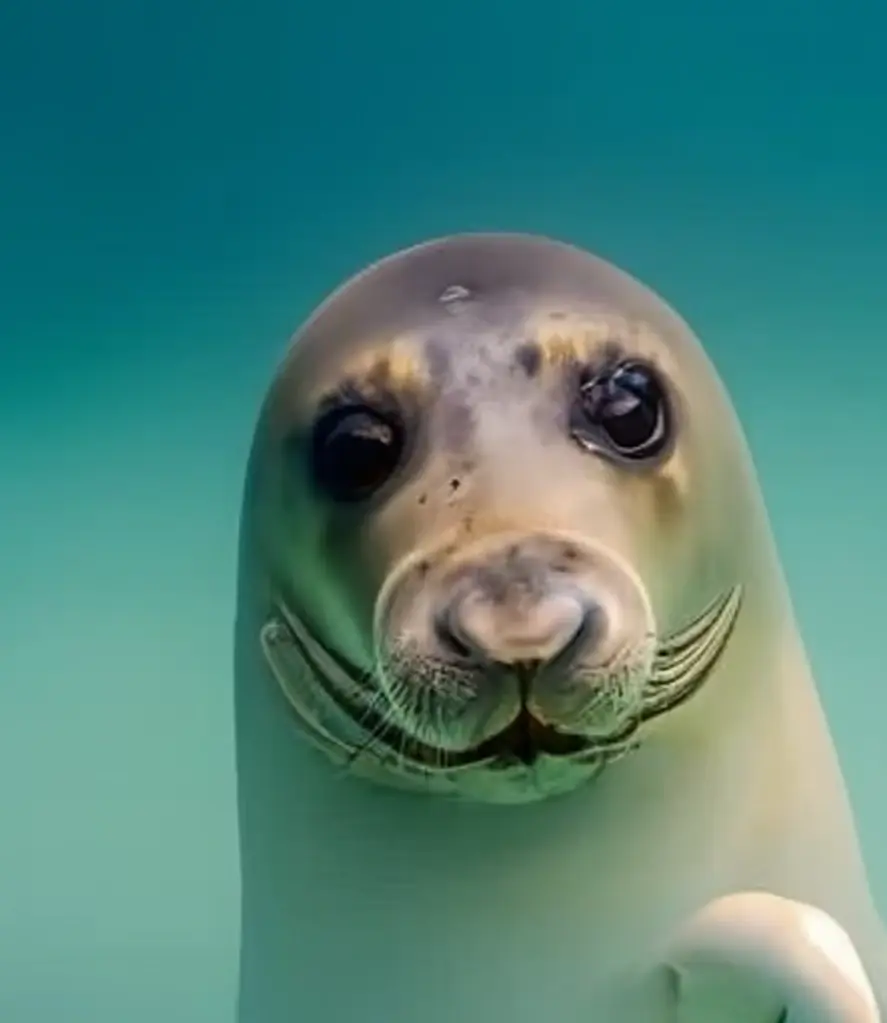
Fisheries Management: Sustainable fisheries management is crucial for the preservation of the marine environment. Various international agreements and organizations, such as the Food and Agriculture Organization (FAO) of the United Nations, work to establish guidelines and regulations for responsible fisheries management to prevent overfishing and depletion of marine resources.
Marine Protected Areas (MPAs): The establishment of MPAs is a common strategy for conserving marine biodiversity and ecosystems. These designated areas restrict human activities to varying degrees, promoting the recovery of marine habitats and the protection of vulnerable species.
Oil Pollution Response: International agreements, such as the International Convention on Oil Pollution Preparedness, Response and Co-operation (OPRC), provide a framework for countries to prepare for and respond to oil spills in the marine environment. Cooperation in oil spill response helps minimize the environmental impact of such incidents.
Global Partnership for Oceans: Launched by the World Bank, the Global Partnership for Oceans is a collaborative initiative that brings together governments, civil society, and the private sector to address challenges facing the world’s oceans, including pollution, overfishing, and habitat destruction.
Technology Transfer and Capacity Building: Many international agreements emphasize the importance of technology transfer and capacity building to enable developing countries to effectively implement measures for the preservation of the marine environment. This includes support for monitoring, enforcement, and sustainable management practices.
